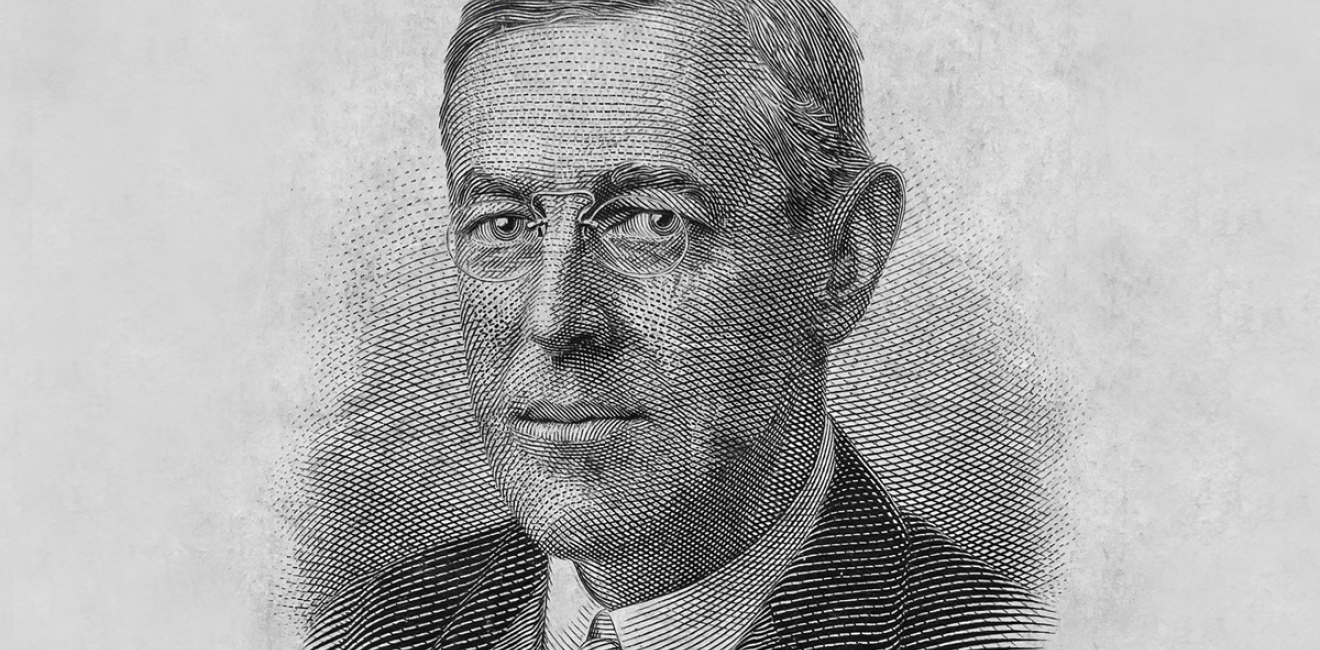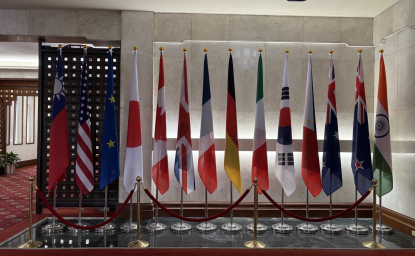
Washington, DC—As the world commemorates the 100th anniversary of US President Woodrow Wilson's passing, the Woodrow Wilson International Center for Scholars reflects on his legacy.
President Wilson greatly influenced American and international history, led the nation through World War I, and was a key architect of the League of Nations—often referred to as the precursor to the United Nations. His advocacy for democracy and self-determination around the world has had a lasting impact on international policy and diplomatic relations.
The Wilson Center also honors his academic achievements and his unique distinction as the only US President to have earned a PhD. Established by Congress as a living memorial to President Wilson, the Wilson Center is proud of his dedication to the critical role of nonpartisan scholarship in shaping public policy.
In his address to the American Political Science Association on December 27, 1910, President Wilson stated, “The man who has the time, the discrimination, and the sagacity to collect and comprehend the principal facts, and the man who must act upon them, must draw near to one another and feel they are engaged in a common enterprise.” This quote encapsulates the essence of our mission at the Wilson Center: bridging the gap between academic research and policymaking, and ensuring that informed, scholarly analysis underpins practical political action.
As we celebrate President Wilson’s significant contributions, however, we also note that his legacy is not without flaws—far from it. Wilson evinced racist beliefs during his scholarly career and defended his administration’s expanded segregation of the federal workforce as preventing racial friction. It is through this comprehensive lens that we strive to understand and learn from history, thereby informing contemporary policy discussions and decisions.
Embracing President Wilson's vision of a collaborative relationship between scholarship and policymaking, the Wilson Center recommits to fostering independent, fiercely nonpartisan research and dialogue.
Explore More
Browse Insights & Analysis
Why the US already knows how to fight cyber scams

Dispatch from Taipei: Looking to the Grassroots in Uncertain Times


